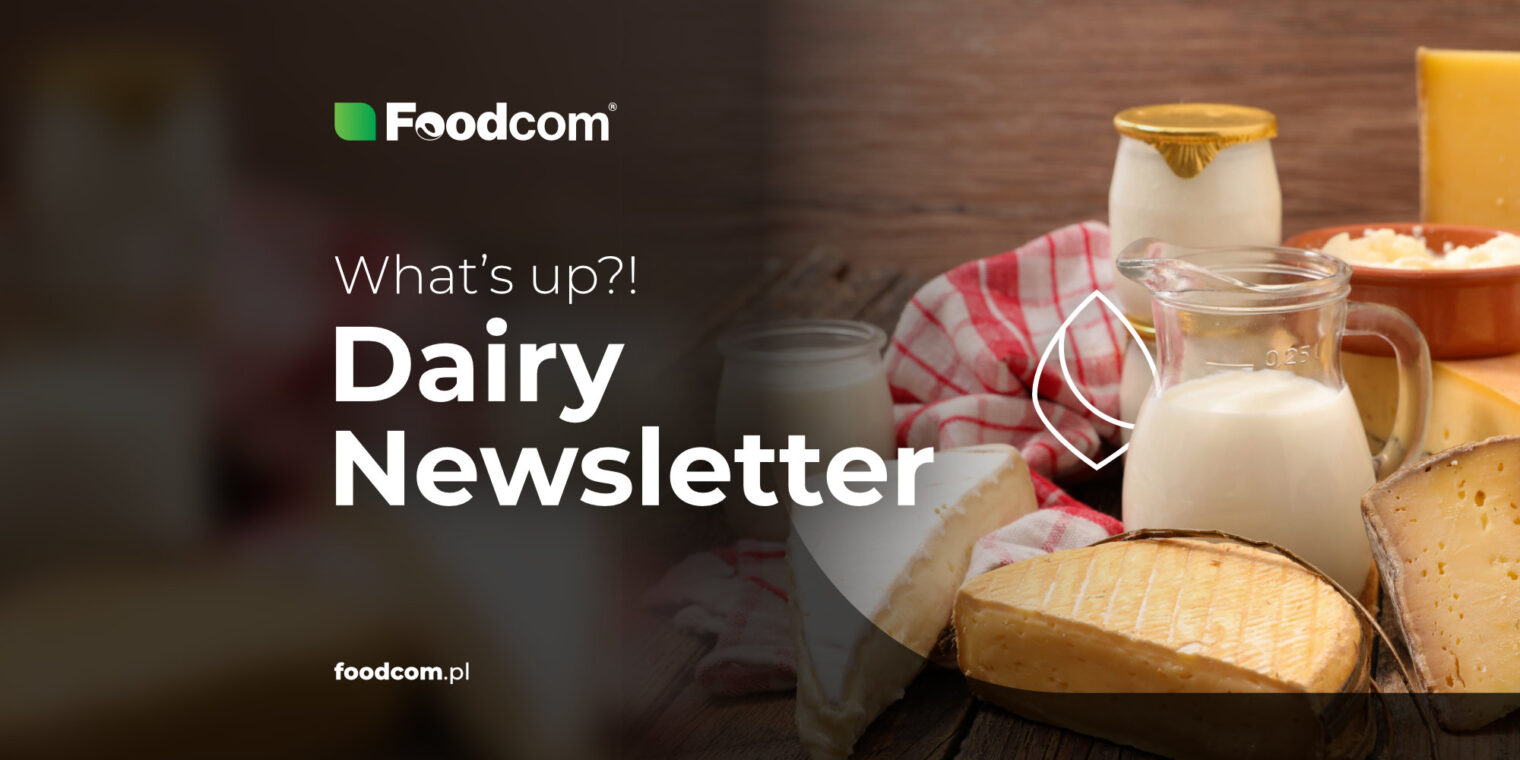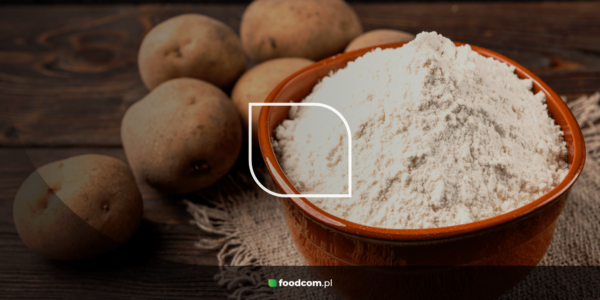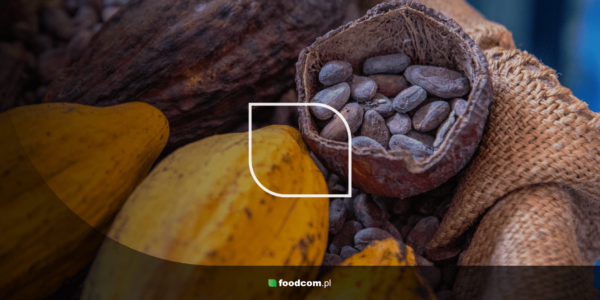Esencja
Spis treści
Europe
European Union dairy farmers are urgently calling for policy reforms
According to many involved in the European dairy industry, the sector needs to be transformed to ensure a future for sustainable agriculture. The European dairy sector is currently shrinking: over the past two decades, the number of farms has fallen from 15 million to less than 10 million, a trend that is certain to continue. The European dairy industry is in a period of dynamic change and the coming years will be crucial for its future, of that there is no doubt
The crisis in the Latvian dairy industry is about to end
Experts predict that the current crisis in the Latvian dairy industry will end in the next few months. It is expected that this will be possible thanks to a combination of an increase in wholesale prices for raw milk and a decrease in production costs, which reached extremely high levels in 2022. The situation of the Latvian dairy industry is highly dependent on the situation in Europe as a whole, as up to 65% of the milk produced in Latvia is exported as raw milk or in the form of dairy products. Fingers crossed that Latvia will soon become a country of milk and honey for the dairy industry.
The dairy industry in Spain is in a structural crisis
In the last five years, from January 2018 to January 2023, the number of dairy cows has decreased by 70 443 animals (8.2%). The extreme increase in production costs in recent months has left many producers with the choice of either producing below cost or sending animals to slaughterhouses. One in four producers has left the industry and the number of dairy farms has dropped to 10 717.
The Americas
The dispute between the United States and Canada over dairy products is escalating
U.S. dairy processors want to increase sales to Canada, but high tariffs are an obstacle. The U.S. accuses Canada of an unfair approach to setting quota allocations under the U.S.-Mexico-Canada trade agreement. The U.S. has announced it is seeking a second panel to resolve trade disputes over Canadian dairy import quotas. Tensions between the two countries have long persisted, and there is no sign that the issue will be resolved soon.
Lactalis do Brasil acquires Dairy Partners America, a Nestlé joint venture
Lactalis do Brazil has reached an agreement to acquire DPA Brasil. DPA Brasil is a joint venture between Fonterra (Chile) and Nestlé, established in 2003 to produce and market dairy products throughout Latin America. The acquisition will add brands such as Chambinho, Chamyto, Chandelle, Ninho, Neston, Molico and Nesfit to the Lactalis portfolio.
Organic dairy farmers in Vermont are asking the government for help
Organic dairy production is quite a challenge. In Vermont alone, 11 organic dairy farms closed in 2021 and 18 more in 2022, and experts predict that as many as 28 such farms could suffer a similar fate this year. A major factor that has led to more and more organic dairy farmers being forced out of business is the rising cost of feed, fuel and labor. That’s why the Northeast Organic Farming Association of Vermont has asked the government for $9.2 million in material assistance. Perhaps there is a need to cry over organic milk…
Asia & Oceania
Chinese scientists boast they have successfully cloned three 'super cows.’
Researchers at Northwest University of Agricultural and Forestry Science and Technology say they have successfully bred three cows created from the genetic material of high-performance cows. The calves were born a few weeks ago and will each produce 100 tons of milk in their lifetime, according to the researchers. They were cloned from Holstein Frisian cows originally from the Netherlands. The goal of the work on cloning so-called 'super cows’ is to make China (at least partially) independent of importing dairy cows from abroad. The real question is: Do the capes bother the super cows in their daily lives?
Vinamilk has been awarded the 2022 Clean Label Project Purity Award
The largest Vietnamese dairy producer is the first from Asia to boast this achievement. According to company representatives, this proves that Vinamilk’s products can meet even the most demanding international standards.
New Zealand dairy producer Fonterra bans culling of youngest calves
New Zealand dairy giant Fonterra has ordered its suppliers to stop culling very young calves. Under a change in contracts, farmers are required to raise calves to an older age or send them to slaughter – they can no longer euthanize them on the farm. The new rules apply to bobby calves, which are calves that are less than 30 days old. The Australian arm of Fonterra has announced that it has no intention of imposing a similar ban.
Kategorie:



![Japonia rozważa import kukurydzy z USA w zamian za zniesienie ceł na auta [World News] Japonia rozważa import kukurydzy z USA w zamian za zniesienie ceł na auta [World News]](https://foodcom.pl/wp-content/uploads/2025/03/News-world_20-600x300.png)




